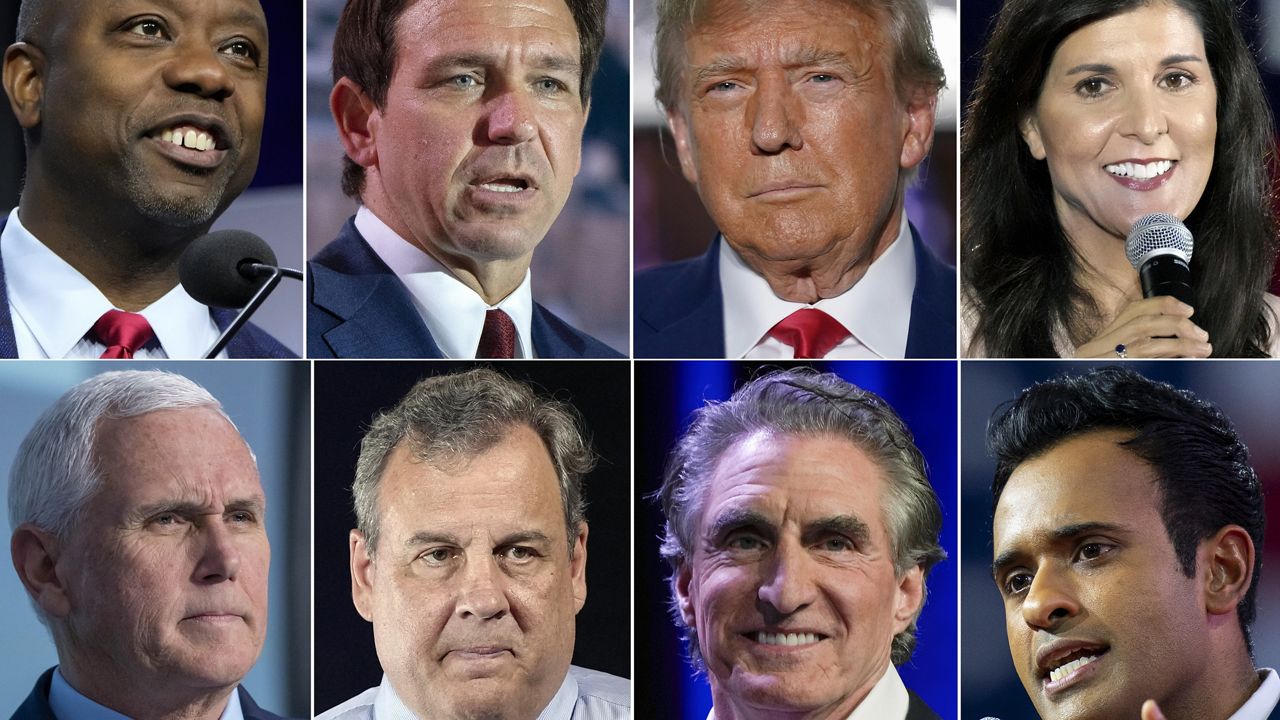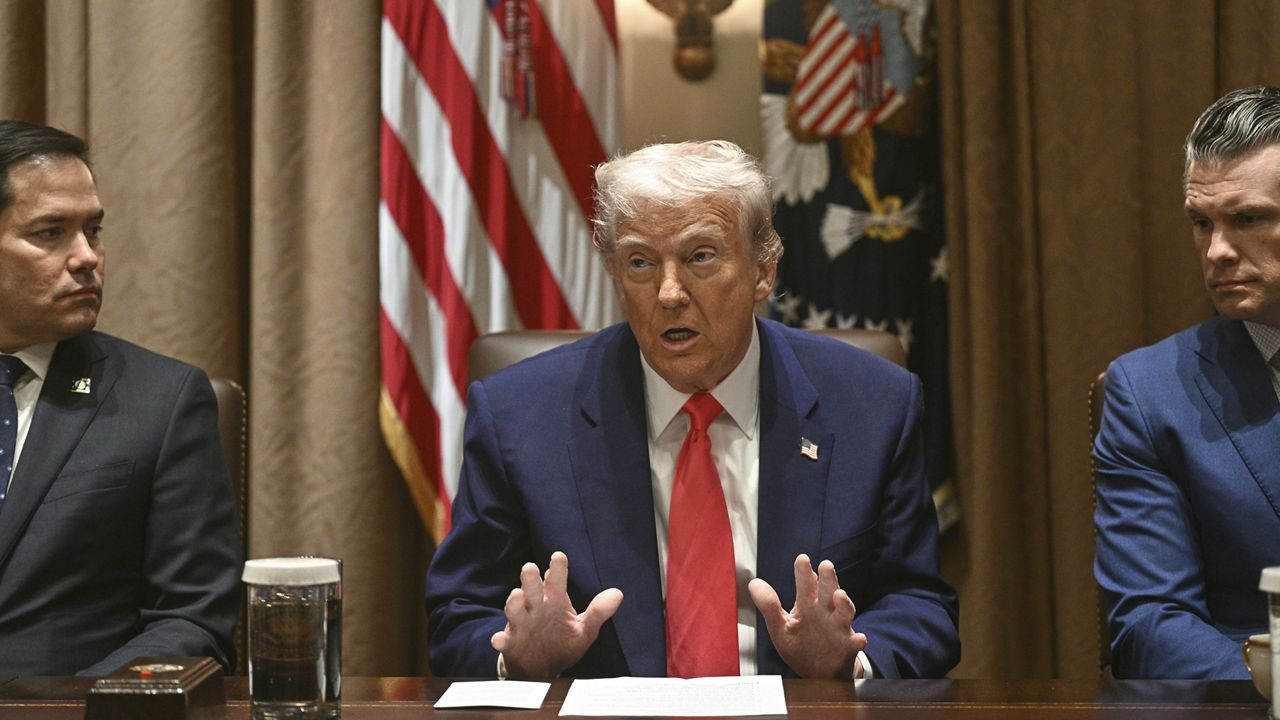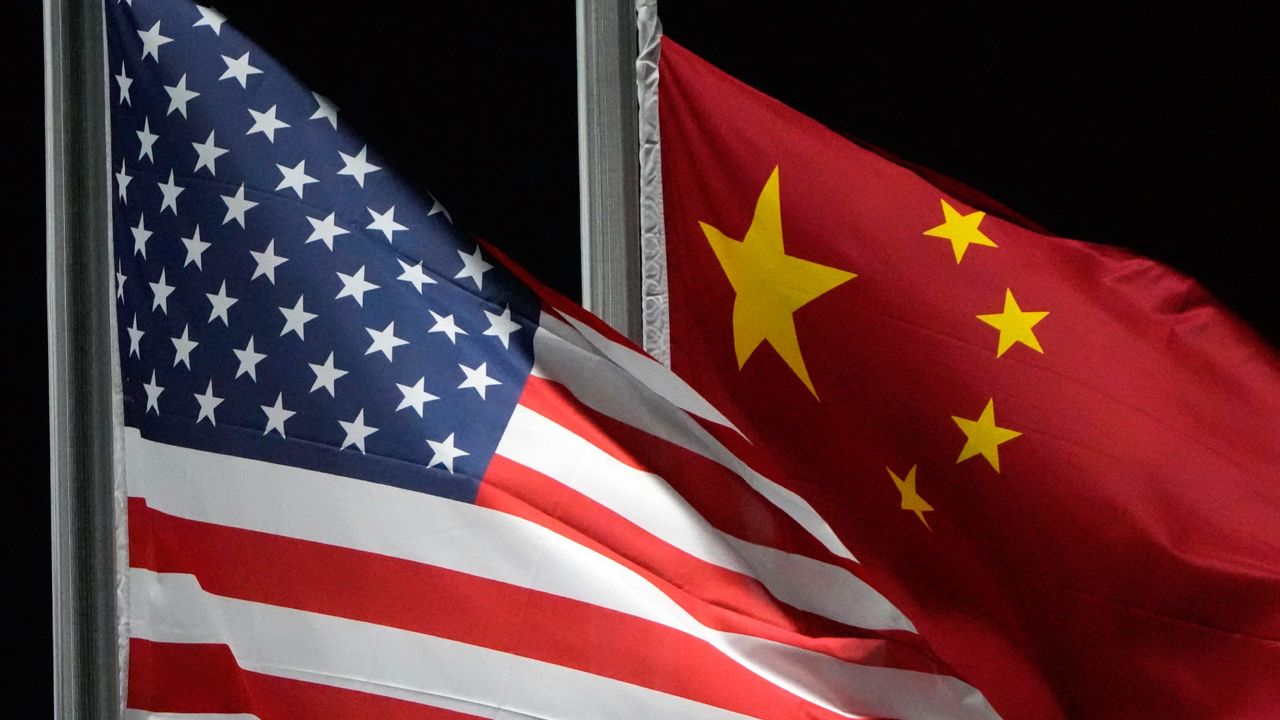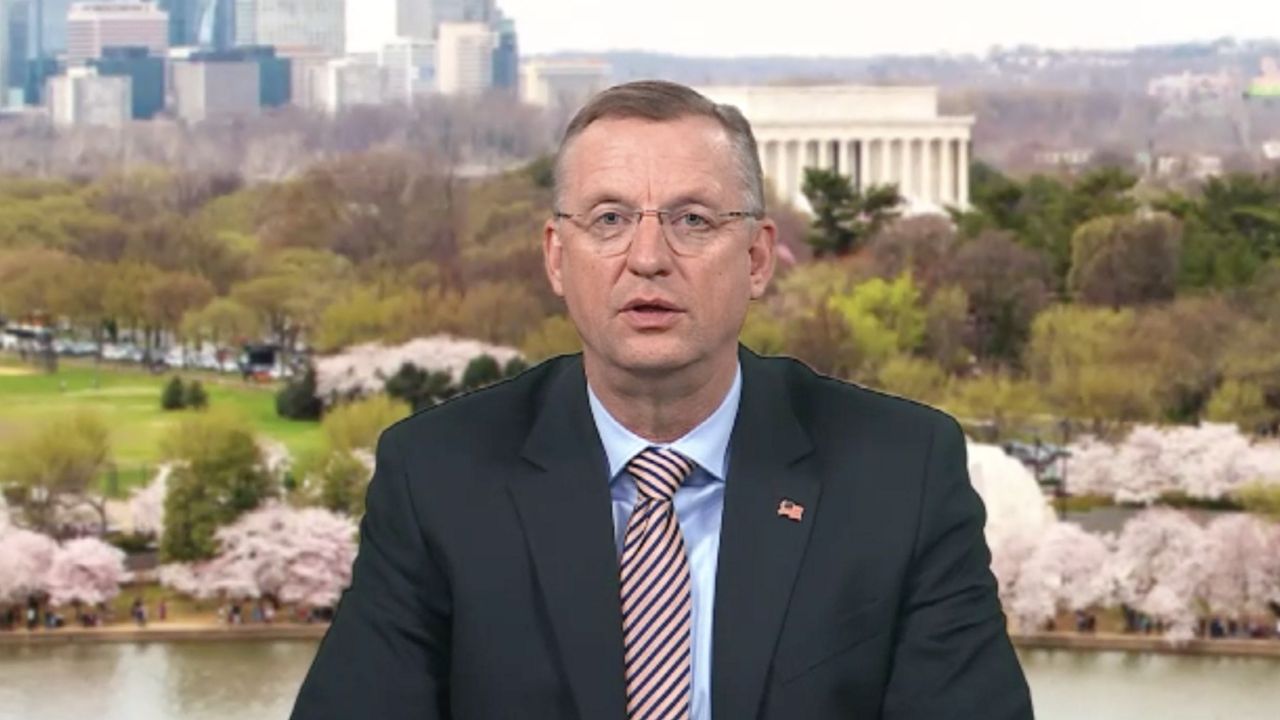Less than two weeks from the first 2024 GOP presidential primary debate, candidates in the ultra-crowded field are accepting – or, in some cases, defying – one of the most controversial requirements to make the stage: a pledge agreeing to support the eventual Republican nominee.
On Friday, Republican presidential candidate and South Carolina Sen. Tim Scott became the latest White House hopeful to sign the Republican National Committee’s so-called loyalty pledge.
He joined fellow 2024 candidates Florida Gov. Ron DeSantis, former U.N. ambassador and ex-South Carolina Gov. Nikki Haley, and entrepreneur Vivek Ramaswamy – all of whom signed the pledge over the last few days.
But this week also saw a major development in the opposite direction. Former President Donald Trump – the GOP pool’s frontrunner, according to polls – told Newsmax, said he will not sign the contentious requirement.
“Why would I sign it?” Trump said in an interview with the cable network.
“I can name three or four people that I wouldn’t support for president. So right there, there’s a problem,” Trump added, not clarifying which candidates he was referring to.
The Associated Press reported Trump apparently signed a similar agreement required to compete in South Carolina’s primary election, which mandates that candidates pledge to “generally believe in and intend to support” the nominee.
Despite his defiance of the debate requirement, Trump told Newsmax he has still not made a decision on whether or not he will attend the debate. Trump said he will announce that decision next week.
Signing the pledge means the candidate is agreeing to support the person Republican voters ultimately pick as their nominee for the general election in Nov. 2024. It is just one of multiple requirements by the Republican National Committee to make the debate stage.
The RNC is also requiring candidates to reach at least 1% in three national polls or a mix of national and early-state polls and have at least 40,000 unique donors with 200 in 20 different states.
The so-called loyalty pledge, however, has become one of the most controversial.
Several candidates have expressed concern or outright rejected supporting Trump if he is the party’s pick.
Candidate and former Texas Rep. Will Hurd has said he will not support the former president and therefore will not comply with the pledge. Hurd has not met the requirements for polling or fundraising.
Former New Jersey Gov. Chris Christie – a vocal Trump critic – said he will sign it, but take the pledge “just as seriously as Donald Trump did eight years ago,” appearing to be referring to Trump’s own reluctance to support another candidate in 2016.
Eight candidates say they have met the polling and donor thresholds to qualify for the debate stage: Trump, DeSantis, Scott, Haley, Ramaswamy, Christie, North Dakota Gov. Doug Burgum and former Vice President Mike Pence.
The first 2024 Republican presidential primary debate will take place on Aug. 23 in Milwaukee. The RNC increased the polling and donor thresholds for the second debate at the Ronald Reagan Presidential Library in Simi Valley, Calif., on Sept. 27.








